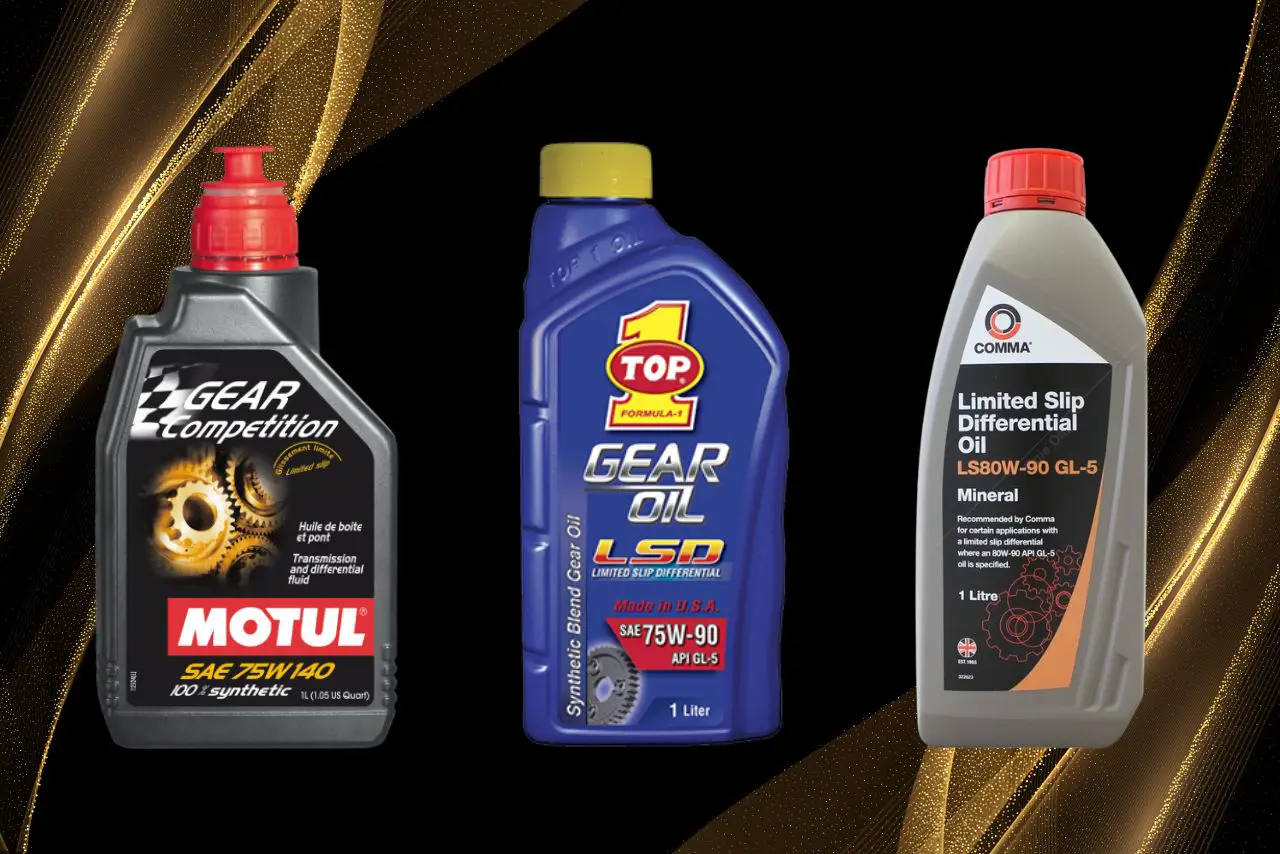The Oil Change and Tire Rotation Cost can vary greatly depending on the model and manufacturer. As such, there are no hard and fast rules regarding these costs; however, they do tend to be higher than those associated with servicing brakes or batteries.
The cost of an oil change and tire rotation varies depending on several factors such as location, type of vehicle, and amount of work required. In general, the cost of an oil change can range from $30 to $70 or more depending on the type of oil used and the level of service provided.
How Much is an Oil Change and Tire Rotation?
Tire rotations typically cost between $20 and $50. and Oil Change Cost between $30 and $70, Many car maintenance shops offer package deals that combine both services and can cost between $50 and $100. It is important to keep in mind that regular oil changes and tire rotations are crucial to maintaining the longevity and performance of your vehicle, so the cost is a necessary investment.
Furthermore, some car manufacturers offer free or discounted oil changes and tire rotations with the purchase of a new vehicle or during certain promotions, so it’s worth checking with your dealer to see if any such deals are currently available.
To give you an idea of what to expect, let’s use a composite of average figures across all makes and models as a reference point.
More: How Do Journalists Get Press Cars? (Answered!)
What Is an Oil Change?
An Oil Change and Tire Rotation Cost OR oil change is an essential service that must be performed at regular intervals for optimal engine performance. This entails taking off the vehicle’s oil filter, then topping up with fresh lubricant.
In its most basic form, an oil change consists of completing three main tasks: removing the old oil from your automobile’s engine compartment and replacing it with a fresh level; vacuuming out any contaminating debris from your car’s engine; and replenishing the complete unit with fresh lubricant to keep its moving parts gliding smoothly.
To carry out an oil-change procedure, you’ll need to:
• Invest in new supplies. Obtain oil filters and oil. Ensure everything is within reach when you set up shop for the job.
What Is the Cost of an Oil Change?
Oil Change Cost between $30 and $70, Oil changes are priced according to the type of oil and its quality. For example, if your vehicle has a high-mileage engine that necessitates premium synthetic oil, it will cost more than typical motor oil.
Simply put, an oil change involves removing and replacing the old oil with a fresh blend – typically between 10 and 30 quarts depending on make and model – before checking for leaks or other issues.
What Is the Cost of a Tire Rotation?
A tire rotation is a simple process that consists of remapping the tire tread patterns and replacing worn out tires with new ones.
Fortunately, most shops typically provide customers with complimentary tire rotations when they acquire any brand new tires – so don’t forget to make sure you take advantage of this offer!
At an average cost of $50, a basic tire rotation will include four sets of tires. However, if you plan on having your wheels aligned as well then the total fee could be higher – around $50-$60.
How Often Should I Have My Oil Change and Tire Rotations Done?

Frequent maintenance schedules can be adopted to optimize vehicle life and facilitate optimal efficiency. For example, you could elect to have your oil changed every 3000 miles or at a schedule that best suits your lifestyle – such as every 6 months or annually!
When it comes time for an oil change service, the technician will check your engine’s condition. This includes its AMC (automatic transmission crankcase) and manual-gearbox models.
If any preventive measures are required, they will be taken in order to maximise fuel efficiency and prolonging the life of your vehicle.
Depending on what type of oil is used, the viscosity may range from 10W-20W. An oil with a higher number denotes thinner lubricants while those with lower numbers indicate thicker applications.
The interval between rotateings should not exceed six months between each rotation – even more if the vehicle has been exposed to extreme temperatures like subzero locations!
When I Shouldn’t Have My Oil Change and Tire Rotations Done?
Generally, it is recommended to have an oil change every 3,000 to 5,000 miles or as recommended by your vehicle manufacturer.
However, factors such as extreme weather conditions, driving habits, and type of oil used can affect the recommended frequency.
As for tire rotations, it is usually recommended to rotate them every 3,000 to 5,000 miles or as recommended by your tire manufacturer.
It’s essential to check your vehicle’s owner manual or consult a qualified mechanic to determine the best schedule for your specific vehicle’s maintenance requirements. Additionally, If you notice any unusual sounds or feel anything off while driving, you should get your vehicle checked immediately.
There are certain instances when it’s prudent to defer a regular oil change and tire rotation.
These include driving on uneven surfaces such as potholes or compacted dirt; having harsh weather conditions such as tempests, rainstorms or even high heat levels like those experienced in places like Florida where an extended period of time may be required before the temperature drops again – these can all cause difficulties with maintaining optimal engine efficiency!
Does the unpredictability of your daily commute preclude any need for an oil change? Are you worried about damaging sensitive chassis components from frequent braking on pavement that has become slushy after overnight rain? If so, then giving yourself some breathing room by skipping this routine can allow for more freedom in your journey.
More: Ozone Generator Ruined My Car (3 Issues And 100% Fixed!)
Can I Put Off an Oil Change If I Don’t Need to Have It Now?
In short, if you’re willing to put off an oil change and tire rotation until your next scheduled visit – it won’t affect the cost.
Bear in mind that if you take too long between oil changes or rotations, the engine components could suffer irreversible damage. With this in mind, it is advisable not to delay them further than two months at maximum!
Do oil changes include tire rotation?
Absolutely Yes! Your oil change and tire rotation will be covered at many of our locations.
For all you know, your tires could be among the most expensive component on your car. Routing them through an oil change service is a wise decision – especially if it’s something like an alignment tweak that requires the attention of an expert mechanic!
No matter which oil change service you choose for your vehicle, it will come with some sort of tire rotation included.
Why are oil changes so expensive?
Oil changes can be expensive for several reasons such as the cost of high-quality oil, the fee charged by technicians, and the additional expenses involved in the oil change process. Additionally, some modern cars require synthetic oil that is more expensive than conventional oil, which can increase the cost of the oil change.
The cost of disposing of used oil properly is also added to the oil change bill. Furthermore, some oil change centers charge additional fees for filter replacement, topping up fluid levels, and other services.
If you’re perplexed by why an oil change costs so much, don’t be. It’s all in the details.
The cost of an oil change is dictated by its complexity and duration, as manufacturers tend to provide a clear guide regarding which service should be performed by their vehicles’ manufacturer; for instance, some cars may require only one – while others could require up to four!
Thus far, our analysis has shown that the vast majority of vehicles require only a standard oil change ($21-$45). However, if your car requires multiple services during its rotation (such as tire rotations or inspections), then expect your bill to skyrocket into the hundreds – upwards of $400 for even just one trip!
More: How Long Do Little Trees Last? (Exact Lifespan REVEALED!)
How often should you get an oil change?
If you are driving an average daily mileage of 12,000 miles and employ premium fuel, the cost of having your oil changed every 3,000 miles may not be prohibitively expensive.
However, if you are utilizing regular unleaded gas instead; then opting for an intensive oil change schedule may not necessarily yield any tangible benefits in terms of engine efficiency or longevity compared with simply doling out cash once every six months or annually.
The decision to have one’s automobile serviced has a profound effect on your pocketbook – from the minimal expense of having one’s tire pressures checked to the more substantial charge for replacing faulty brake pads – this boils down to how often these services are needed.
What happens if you don’t change your oil?

If you do not change your oil at the recommended interval, there are negative repercussions. Along with operating with reduced lubricant levels inside the engine, it can lead to accelerated wear and components within the system that could eventually become inoperable.
For instance, a rotational speedier vehicle may experience an abrupt decrease in fuel economy and acceleration power due to lack of adequate lubrication within the machine.
Furthermore, carbon deposits or even sludge can accumulate on its pistons if not successfully removed – resulting in decreased power output and longer lifespans while also potentially compromising functionality of critical engine components like spark plugs! Ultimately leading up to premature engine failure – so don’t be negligent!
Conclusion and final thoughts 💭
A palatial oil change and tire rotation can set you back an exorbitant amount of money. However, if you have a hefty bank account or are in need of speedy service then that may not be an option for you – instead consider taking out a loan or applying for credit cards with generous rewards programs.






Leave a Reply